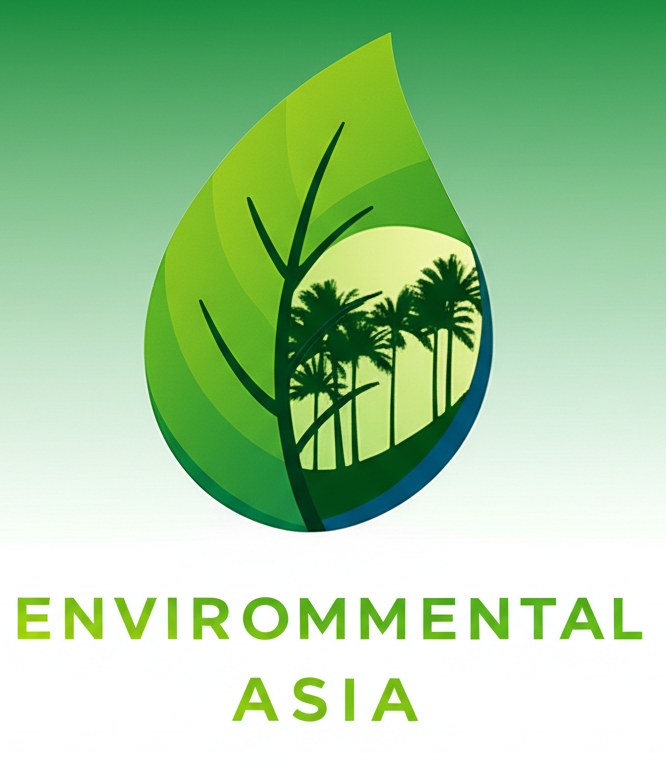Reference of diagram https://dml.or.id/climate-change-adaptation-and-mitigation/
This is a central challenge in Indonesia’s climate policy. The relationship between Sustainable Forest Management (SFM) and the commitments to mitigation and adaptation is extremely close and inseparable.
🌳 The Link between Forests, Mitigation, and Adaptation
- Mitigation (Reducing Emissions): Forests serve as the largest carbon sink through programs like Indonesia’s FOLU (Forestry and Other Land Use) Net Sink 2030. SFM ensures that forests remain standing and healthy, maximizing CO2 absorption and preventing emissions from deforestation and degradation. Good management also involves efforts to prevent forest and land fires (Karhutla), which release massive emissions.
- Adaptation (Building Resilience): Sustainable forests function as ecological buffers. Forests regulate water cycles, prevent erosion and landslides, and protect coastal communities (through mangroves) from sea-level rise and storms. SFM, particularly through social forestry programs, helps local communities build livelihoods that are more resilient to climate change.
🗣️ The Importance of Dialogue and Inclusivity
The greatest challenge lies in bridging the implementation gap. This is where regular dialogue and communication become key:
- Realizing Climate Justice: Climate justice demands that the burdens and benefits of climate policies be distributed fairly. Inclusive dialogue (involving farmers, indigenous people, and women) ensures their rights are recognized and that chosen solutions do not harm them, but rather empower them as forest custodians.
- Increasing Policy Effectiveness: Input from the field (such as from Village Forest Community Institutions/LMDH or activists) provides the real-world context often lost at the central planning level. By sharing experiences, policies (for example, in determining tree species for rehabilitation) will be more targeted, sustainable, and tailored to the local ecosystem.
In conclusion, policies that are pro-climate justice and inclusive are the only way to achieve truly sustainable forest management that is effective in meeting Indonesia’s mitigation and adaptation targets.











